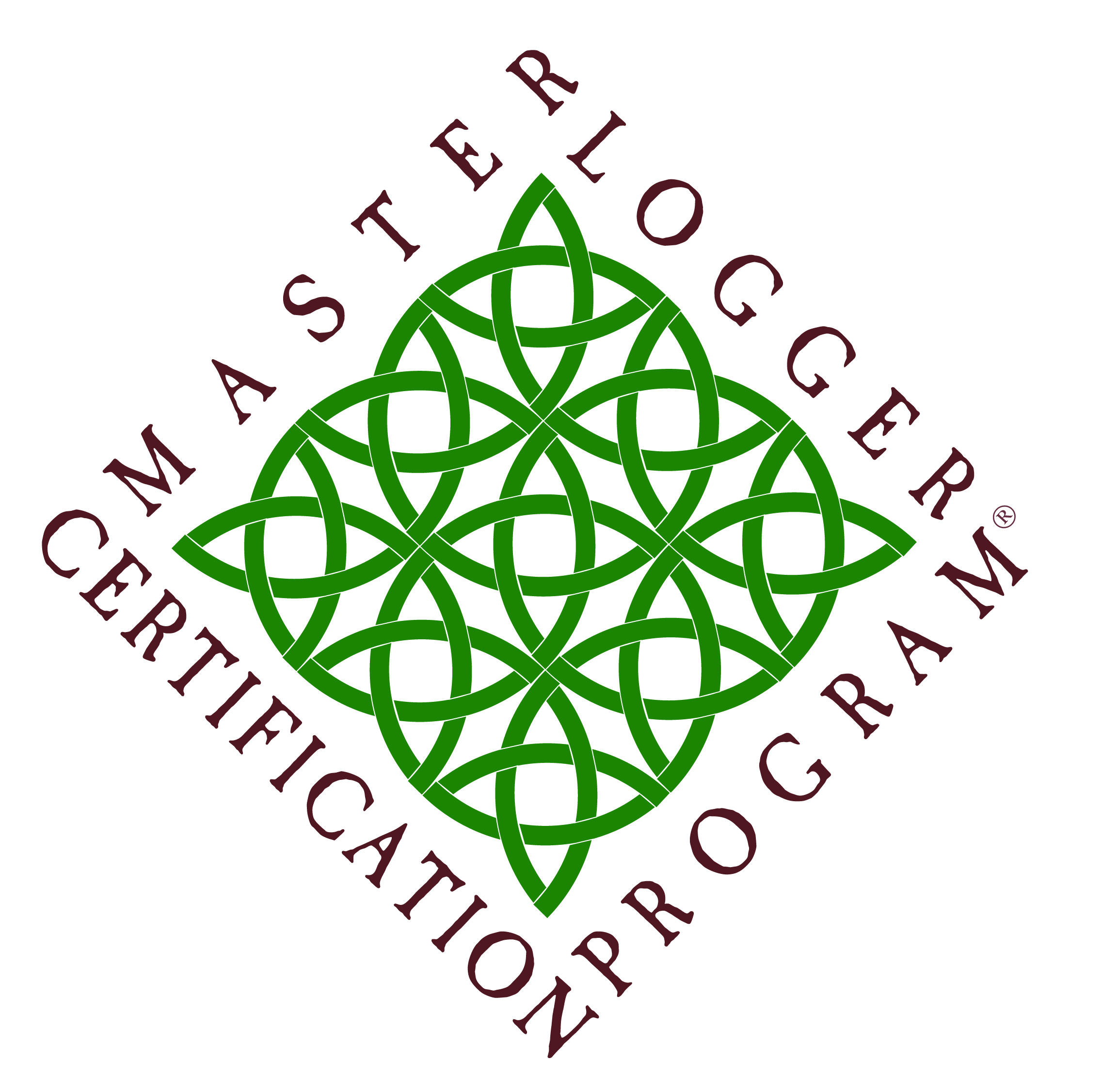WILMINGTON, NY – The Northeast Master Logger Certification Program, a program of the Trust to Conserve Northeast Forestlands, offered a free, hands-on workshop Wednesday, Nov. 17 designed for professional logging contractors and others who deal with timber harvests in watersheds and areas involving stream crossings.
The workshop drew more than 40 participants and began in Wilmington, NY before moving to nearby Jay, NY for the second portion.
Attendees examined the best sites for temporary water crossings, the New York State Department of Environmental Conservation (NYSDEC) provided information on permitting and regulations, the NYSDEC Spill Response unit provided information on spill containment procedures, and WSWHE BOCES Environmental Conservation & Forestry conducted a skidder bridge building session. At the end of the training Bill Camp Logging and Trucking won the skidder bridge in a raffle.
The training sites were provided by Northwoods Forest Consultants and Ward Lumber.
Professional logging contractors in the Northeast routinely face challenges associated with streams and wetlands when conducting timber harvests and have great expertise when it comes to logging without impacting water quality on the job site and in waters downstream. Building and maintaining stream crossings that minimize runoff is an important part of that, and the training is an opportunity not only for loggers to refresh their skills, but to share their own experiences and ideas with the greater logging community.
“Certified Master Loggers take the job of protecting water quality very seriously, and these trainings are a great chance for them to improve their knowledge on the subject,” Ted Wright, Executive Director of the Trust to Conserve Northeast Forestlands, which oversees the Master Logger program, said. “Loggers have the most hands-on experience building stream crossings and getting out in the field like this with others who share that experience is a great way for all to gain new ideas and raise the performance bar. This is a benefit not only to forest and waterway health, but to landowners who hire contractors who have had this training.”
Because of generous support from the U.S. Endowment for Forestry and Communities, the Lake Champlain Basin Program and the New England Interstate Water Pollution Control Commission, there was no cost to attend the workshop. The workshop was funded in part by the United States Environmental Protection Agency under assistance agreement (LC-00A00695-0) to NEIWPCC in partnership with the Lake Champlain Basin Program.
Training was conducted in accordance with CDC guidelines.
In addition to supplying loggers with new ideas and techniques they can bring to their work on future stream crossings, the training could be applied toward requirements of programs including the Society of American Foresters, New York Logger Training, the Master Logger Certification Program, and the Vermont LEAP Program.
The New York workshop was part of a series of similar trainings offered in 2021 in Maine, New Hampshire, and Vermont.
The Northeast Master Logger Certification Program was created in 2001 as the first in the world point-of-harvest certification program, offering third party independent certification of logging companies’ harvesting practices. In 2003, The Trust to Conserve Northeast Forestlands (TCNEF) was created to administer the program with the broader goal of “enhancing the health of working forest ecosystems through exceptional accountability” throughout the Northern Forest region.
There are currently more than 130 Master Logger companies in the Northeast and the number of certified companies is growing.
In 2019, the TCNEF received an FSC Leadership Award for its work with the Master Logger program.
In addition to administering the Master Logger program, TCNF administers an FSC®-certified group of family forest landowners throughout New England and New York. Under this arrangement forest landowners can inexpensively gain access to FSC® group certification. TCNF is the administrative body that holds the FSC certificate and has overall responsibility for compliance with the FSC® Northeast Regional Standard.
TCNF also administers an FSC®-certified group of Chain of Custody that provides an information trail, established and audited according to rules set by FSC, for Master Loggers and wood products companies to ensure that wood comes from certified forests.
In 2020, The Future Forest Economy Initiative – a cooperative effort of the U.S. Economic Development Administration (EDA), U.S. Endowment for Forestry & Communities, and the Northern Forest Center – announced it would be investing $250,000 to enhance markets for certified wood and to strengthen the supply chain for wood in the Northern Forest region through a grant to the Trust to Conserve Northeast Forestlands. The three-year grant award will enable TCNEF to expand the ranks of certified Master Logger companies in the region, with a focus on New Hampshire, New York and Vermont. The Master Logger program improves logger performance, company financial stability, and workforce development and retention while increasing the supply of certified wood fiber.
For more information on the Master Logger program or TCNEF, contact Ted Wright at (207) 688-8195 opt. 2 or executivedirector@tcnef.org. Additional information is also available at tcnef.org and masterloggercertification.com

Recent Comments